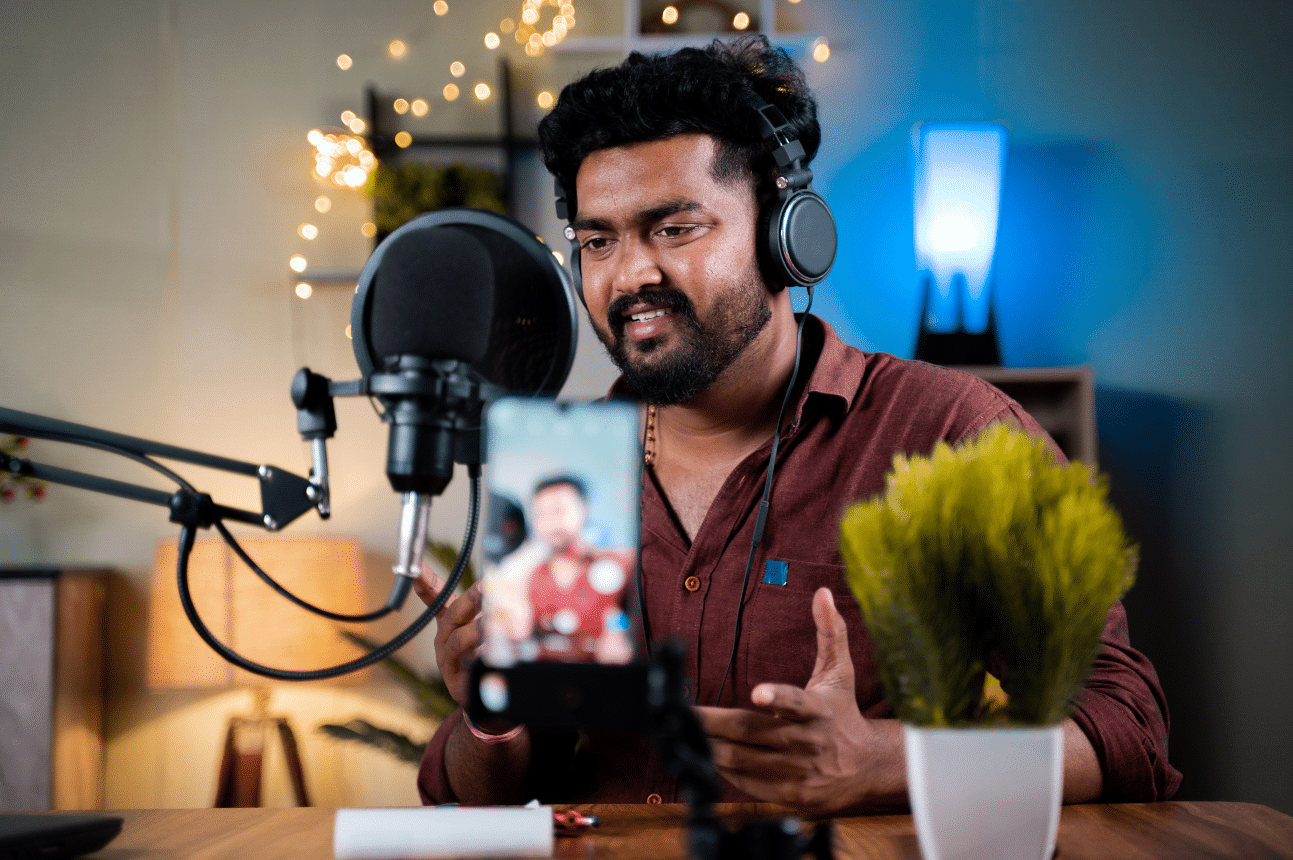
Personal connections on social media drive more consumer purchases than influencers.
Mintel’s latest research reveals that Indian consumers are more likely to be influenced by individuals they know personally on social media when making purchasing decisions compared to online influencers.
The study found that urban consumers do favor online influencers, with 28% relying on them. However, they are even more influenced by social media posts from acquaintances across various categories like clothing and accessories (51%), dining out (33%), and household items (31%).
This trend isn’t limited to urban areas. In Tier 3 cities, a significant 67% of consumers have not made purchases based on online influencers’ recommendations in the last six months through May 2023. This suggests that consumers in lower-tier cities remain unconvinced when making purchase decisions despite engaging with online influencers.
Notably, in urban settings, sports celebrities have gained popularity, especially among Gen Z and Millennials who admire active lifestyles. In the past six months, 40% of women and 36% of men aged 18-34 have made clothing and accessory purchases based on influencer recommendations, with 39% of young men favoring sports celebrities over entertainment celebrities.
Saptarshi Banerjee, Senior Lifestyle Analyst at Mintel Reports India, emphasized the need for brands to consider consumers’ preferences when developing their social media marketing strategies.
The study also revealed that 47% of consumers are drawn to influencers who are knowledgeable, easily accessible, and create a personal connection with their audience. Authentic reviews and humorous content were found to be instrumental in connecting with 56% of consumers.
YouTube emerged as the most popular social media platform across different age groups, with 87% of Gen Z, 72% of Millennials, and 47% of Gen X using it. Facebook and Instagram were highlighted as valuable platforms for brand engagement.
The research underscores the growing importance of authenticity and trust in influencer marketing campaigns, with 33% of those distrustful of online influencers believing that social media influencers with fewer followers are more authentic.
Banerjee concluded by emphasizing that humor provides a much-needed reprieve, making it an attractive form of content, particularly in uncertain times.
Personal connections on social media are playing a significant role in influencing consumer purchasing decisions, challenging the dominance of online influencers, especially in lower-tier cities. Brands are urged to consider consumers’ preferences and leverage micro and nano influencers for authentic engagement. Additionally, maintaining a presence on platforms like Facebook and Instagram is essential for brand success.
*Micro-influencers (10k–100k followers) and nano influencers (<10k followers)
This article was written by AI and edited by Bill Hartzer.